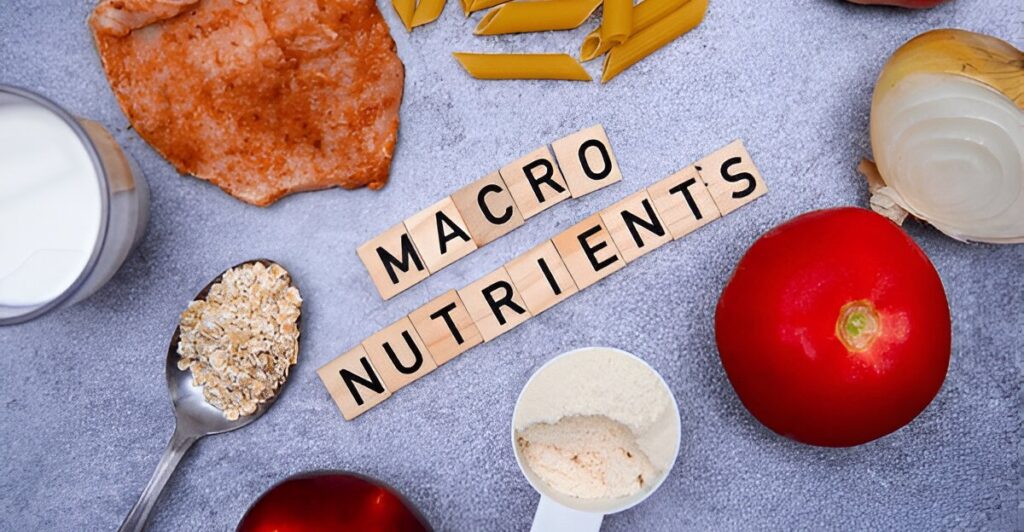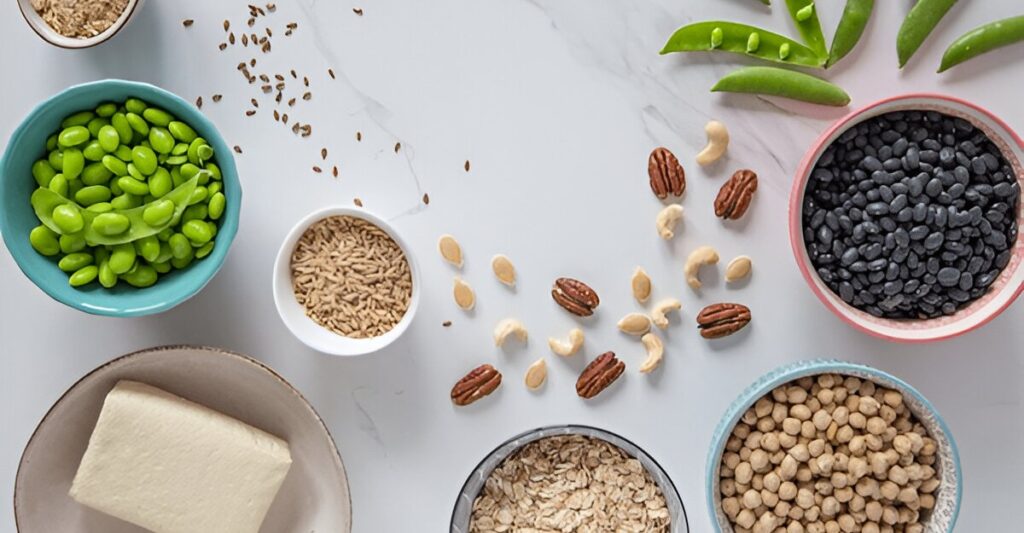Detox and cleansing diets promise to flush toxins, boost energy, and kickstart weight loss with juice fasts, supplements, or restrictive meal plans. But do they really work, or are they just another health fad? The truth about detox and cleansing diets is often clouded by marketing hype, leaving many confused about their safety and efficacy. This article dives into the science, separates myths from facts, and offers evidence-based ways to support your body’s natural detoxification processes for lasting health.
What Are Detox and Cleansing Diets?
Detox and cleansing diets are short-term eating plans designed to eliminate “toxins” from the body. They typically involve:
- Juice or Liquid Fasts: Consuming only juices, smoothies, or water for days.
- Elimination Diets: Cutting out entire food groups like dairy, gluten, or processed foods.
- Supplements or Teas: Using herbal blends, laxatives, or detox pills to “cleanse” organs.
- Colon Cleanses: Enemas or high-fiber regimens to clear the digestive tract.
Marketed as quick fixes for bloating, fatigue, or weight gain, these diets claim to reset your system. But understanding the truth about detox and cleansing diets requires looking at how your body actually handles toxins.
The Science of Detoxification
Your body is equipped with a sophisticated detoxification system involving the liver, kidneys, lungs, skin, and digestive tract. Here’s how it works, backed by research from Environmental Health Perspectives and Toxicological Sciences:
- Liver: Breaks down toxins (e.g., alcohol, pollutants) into water-soluble compounds for excretion.
- Kidneys: Filter blood, removing waste via urine.
- Digestive System: Eliminates toxins through stool, supported by a healthy gut microbiome.
- Lungs and Skin: Expel volatile compounds and minor toxins through breath or sweat.
These organs work 24/7 to process and eliminate toxins, from environmental pollutants to metabolic byproducts. The truth about detox and cleansing diets is that they often overpromise what your body already does naturally, with little evidence to support dramatic claims.
Myths vs. Facts About Detox and Cleansing Diets
Let’s debunk common myths to uncover the truth about detox and cleansing diets:
Myth 1: You Need to Detox to Remove Toxins
Fact: Your liver and kidneys are highly efficient at detoxifying, unless you have a specific medical condition. Studies in Journal of Human Nutrition and Dietetics find no evidence that detox diets remove toxins beyond what the body already handles.
Myth 2: Detox Diets Lead to Sustainable Weight Loss
Fact: Rapid weight loss on detox diets is often water weight or muscle, not fat, per Obesity Reviews. Most people regain weight once normal eating resumes due to unsustainable restrictions.
Myth 3: Juice Cleanses “Reset” Your System
Fact: Juice cleanses lack protein, fiber, and healthy fats, potentially causing blood sugar spikes and nutrient deficiencies (Nutrition Reviews). They may also harm gut health by starving beneficial bacteria.
Myth 4: Detox Supplements Are Essential
Fact: Many detox supplements, like teas or pills, are unregulated and lack evidence (Regulatory Toxicology and Pharmacology). Some contain laxatives, which can cause dehydration or electrolyte imbalances.
Myth 5: Everyone Benefits from Cleansing
Fact: Detox diets can be risky for some, including those with diabetes, kidney issues, or eating disorders, as they may disrupt blood sugar, kidney function, or mental health (American Journal of Medicine).
Potential Benefits of Detox and Cleansing Diets
While the truth about detox and cleansing diets leans skeptical, some aspects can offer benefits if approached thoughtfully:
- Increased Produce Intake: Diets emphasizing fruits and vegetables boost antioxidants and fiber, supporting overall health (The American Journal of Clinical Nutrition).
- Breaking Unhealthy Habits: Short-term cleanses may help reset habits, like cutting processed foods or alcohol.
- Mindful Eating: Focusing on whole foods can foster awareness of eating patterns.
However, these benefits come from balanced nutrition, not extreme restrictions or gimmicky products.
Risks and Drawbacks
The truth about detox and cleansing diets includes potential risks that outweigh benefits for many:
- Nutrient Deficiencies: Restrictive plans lack essential nutrients, risking fatigue, muscle loss, or weakened immunity (Nutrients).
- Metabolic Slowdown: Severe calorie cuts can lower metabolism, making weight maintenance harder.
- Digestive Issues: Laxatives or low-fiber cleanses may cause diarrhea, bloating, or gut microbiome disruption.
- Unsustainability: Extreme diets are hard to maintain, often leading to yo-yo dieting and guilt.
- Psychological Impact: Restrictive cleanses may trigger disordered eating or an unhealthy focus on “purity” (Eating Behaviors).
Healthy Alternatives to Detox and Cleansing Diets
Instead of relying on detox fads, support your body’s natural detox systems with sustainable, science-backed strategies:
1. Eat a Nutrient-Dense, Whole-Food Diet
Focus on foods that enhance liver, kidney, and gut function.
Key Foods:
- Cruciferous Vegetables: Broccoli, kale for liver detox pathways.
- Fiber-Rich Foods: Beans, oats for healthy digestion.
- Antioxidant-Rich Foods: Berries, citrus for oxidative stress protection.
- Healthy Fats: Avocados, olive oil for nutrient absorption.
Pro Tip: Aim for 5-7 servings of fruits and vegetables daily to maximize detox support.
2. Stay Hydrated
Water is essential for kidney filtration and waste elimination. Aim for 8-10 cups daily, supplemented with herbal teas or bone broth.
Pro Tip: Infuse water with lemon or cucumber for flavor and extra antioxidants.
3. Support Gut Health
A healthy gut microbiome aids detoxification. Include probiotic foods (yogurt, kimchi) and prebiotic fibers (garlic, onions) (Gut Microbes).
Pro Tip: Start with small servings of fermented foods to avoid bloating.
4. Limit Toxin Exposure
Reduce the toxic load by avoiding processed foods, excessive alcohol, and environmental pollutants like cigarette smoke.
Pro Tip: Choose organic produce when possible to minimize pesticide exposure.
5. Prioritize Sleep and Exercise
Sleep supports cellular repair, while exercise promotes circulation and sweat, aiding detox (Journal of Physiology). Aim for 7-9 hours of sleep and 150 minutes of moderate exercise weekly.
Pro Tip: Try yoga or walking to boost lymphatic drainage and relaxation.
Sample Detox-Supporting Meal Plan
Here’s a one-day plan to naturally support detoxification:
- Breakfast: Smoothie with spinach, berries, flaxseeds, and almond milk.
- Snack: A handful of walnuts and an apple.
- Lunch: Grilled chicken with quinoa, roasted broccoli, and olive oil dressing.
- Snack: Carrot sticks with hummus.
- Dinner: Baked salmon with cauliflower rice, sautéed kale, and lemon-tahini sauce.
Final Thoughts
The truth about detox and cleansing diets is that they often overpromise and underdeliver, relying on myths rather than science. Your body is already a detox powerhouse, and extreme diets or supplements are rarely necessary. Instead, focus on sustainable habits—eating whole foods, staying hydrated, and supporting gut health—to enhance your natural detox systems. Start small, like adding a serving of cruciferous vegetables or cutting out sugary drinks, and build from there. By nourishing your body with balance and intention, you’ll achieve lasting health without the need for fleeting cleanses.


